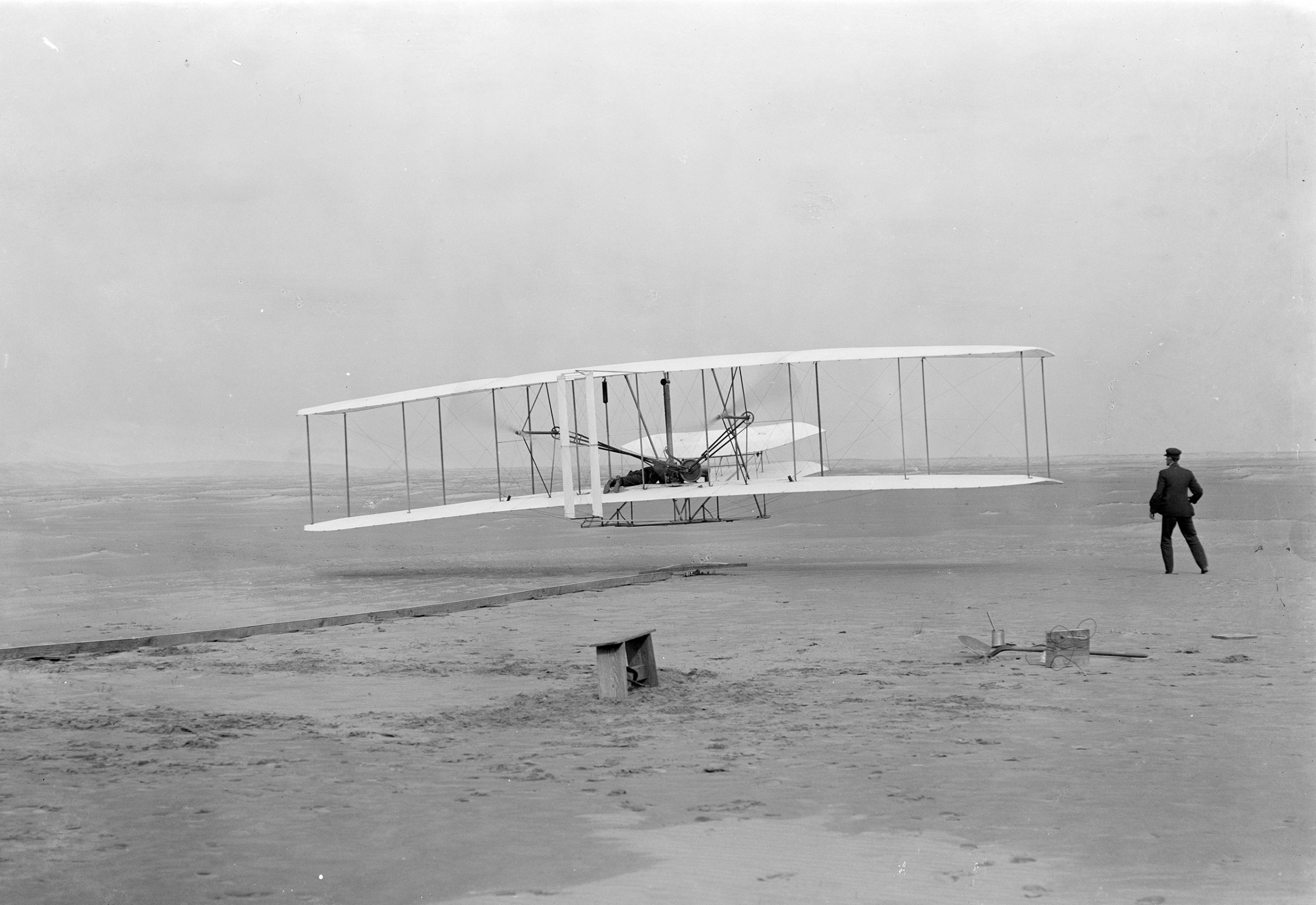
Thursday marks the 113th birthday of the world’s oldest man, Israel Kristal, whose claim to fame has been verified by the Guinness World Records, Gerontology Research Group, and the Jewish Records Indexing in Poland.
Kristal was born Izrael Icek Krysztal on Sept. 15, 1903, in a Russian-occupied Polish village. According to the Gerontology Research Group, when the Nazis invaded Poland, Kristal—who ran a candy shop in Lodz with his father—had to move to the Litzmannstadt Ghetto with his family. Four years later, he was sent to Auschwitz, and labored at several other camps before being liberated in May of 1945. His wife Chaja Fajga Frucht and their two children did not survive the Holocaust. He later remarried, had a son and relocated to Haifa, Israel, where he has lived since 1950.
On the occasion of Kristal’s 113th birthday, TIME looks backs at the history made the year he was born.
January 19: The first transatlantic wireless message from the United States was sent
President Theodore Roosevelt exchanged “cordial greetings” with King Edward VII in London through a station built on Cape Cod by wireless telegraph inventor and radio innovator Guglielmo Marconi.
March 14: The first wildlife refuge in the U.S. was established
President Roosevelt designated Pelican Island off the Atlantic Coast of Florida as the first federal bird reservation, safeguarding brown pelicans from plume hunting and giving birth to the National Wildlife Refuge System.
July 1-18: The first Tour de France took place
The champion, Frenchman Maurice Garin, set a record for the race‘s largest margin when the second-place cyclist rode in 2 hours and 49 minutes later.
July 23: The first Ford was sold
The Ford Motor Company was incorporated, and orders for the Ford Model A revved up.
Summer: Jack London’s Call of the Wild was published
First serialized in the Saturday Evening Post, Jack London’s classic novel told the adventures of a sled dog named Buck during the 1890s gold rush in the Alaskan Yukon.
October: The first World Series in Major League Baseball was held
The Boston team (now known as the Red Sox) beat the Pittsburgh Pirates 5-3 after their owners agreed to a “best of nine” series.
Get your history fix in one place: sign up for the weekly TIME History newsletter
November 6: The U.S. recognized Panama’s independence from Colombia
The U.S. established diplomatic relations with Panama after aiding the revolt, which led to the construction of the Panama Canal, a more affordable and quicker shipping route connecting the Atlantic and Pacific Oceans. The dealings would be one of President Roosevelt’s most significant and controversial foreign policy initiatives.
December 10: Pierre and Marie Curie and Henri Becquerel won the Nobel Prize in Physics
After Henri Becquerel discovered the radioactivity of uranium in 1896, Marie and Pierre Curie discovered even more radioactive elements polonium and radium.
December 17: The first successful airplane flight took off
The Wright Brothers Wilbur and Orville were airborne for 12 seconds and 120 feet over Kill Devil Hills, N.C. In a telegram to their father, they wrote that their “flyer” had four successful flights, the longest being 59 seconds and 852 feet in distance.
More Must-Reads from TIME
- Cybersecurity Experts Are Sounding the Alarm on DOGE
- Meet the 2025 Women of the Year
- The Harsh Truth About Disability Inclusion
- Why Do More Young Adults Have Cancer?
- Colman Domingo Leads With Radical Love
- How to Get Better at Doing Things Alone
- Michelle Zauner Stares Down the Darkness
Write to Olivia B. Waxman at olivia.waxman@time.com